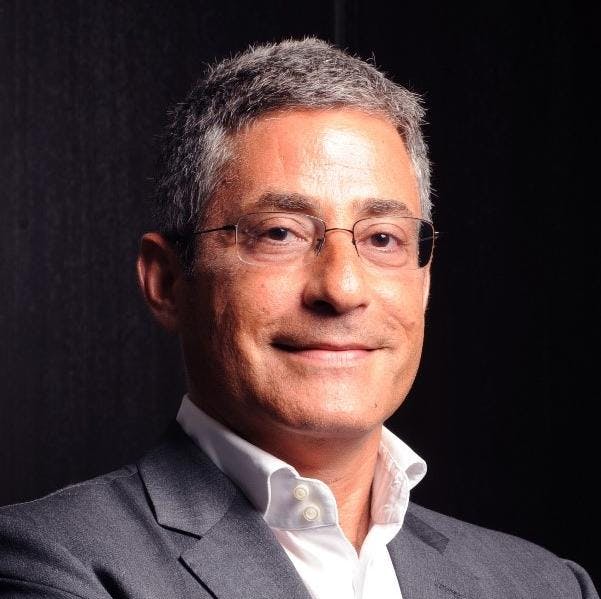Since the beginning of the Covid-19 pandemic, there have been a flurry of announcements from companies declaring they’re going net-zero, and the business world has jumped on the environmental, social and governance (ESG) bandwagon in a serious way.
In the space of just 24 hours in April, Japanese bank MUFG and investment giant BlackRock appointed heads of ESG finance for the Asia Pacific region, while Singapore’s United Overseas Bank installed a chief sustainability officer. Banks showing increasing interest in sustainability is hardly surprising. ESG investments more than doubled in 2020.
For different reasons, the corporate world is now showing more interest in climate action. Last October, 200 of the world’s biggest multinationals said they would achieve net-zero carbon emissions by 2050. Many have followed, including Asian firms such as City Developments Limited, Frasers Property, and Petronas. The most recent was Gojek, which confirmed news reported by Eco-Business in February by announcing a 2030 zero-emissions target last week.
Amid the blizzard of corporate decarbonisation announcements, there has been some scepticism about how these ambitions will be realised, and what sort of solutions will be used to achieve them. Among the most outspoken of sceptics is Assaad Razzouk, a Singapore-based clean energy entrepreneur and host of the podcast Angry Clean Energy Guy.
I don’t have time for nature-based solutions. To fight climate change, we need to stop deforestation.
Assaad Razzouk, clean energy entrepreneur

Assaad Razzouk, ‘angry clean energy guy’
Razzouk has urged caution about much-hyped climate solutions such as nature-based solutions and ESG finance, and has a range of theories on how to fix them to bring about effective, lasting change.
Razzouk joins the Eco-Business Podcast to talk about:
- Which climate solutions are most flawed?
- Why he has no time for nature-based solutions
- The corporate net-zero trap
- The need to price the ‘E’ in ESG
- The greenwashing champions of the world
- Reasons for climate optimism
- How best to communicate sustainability



















